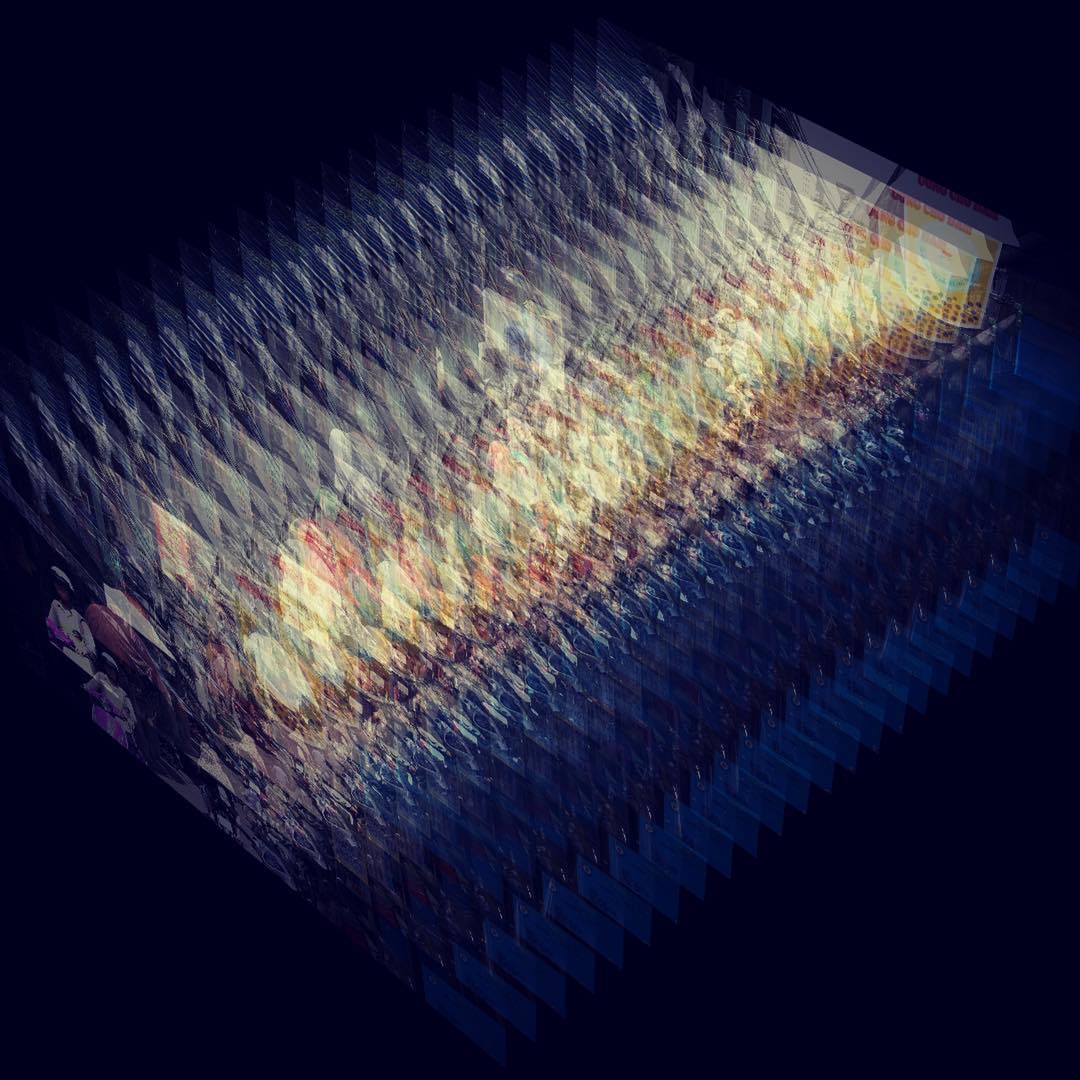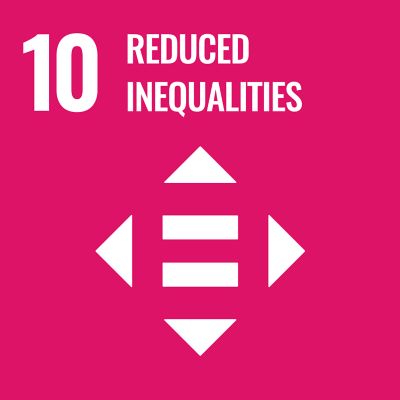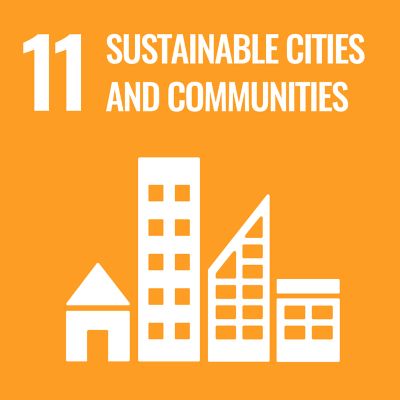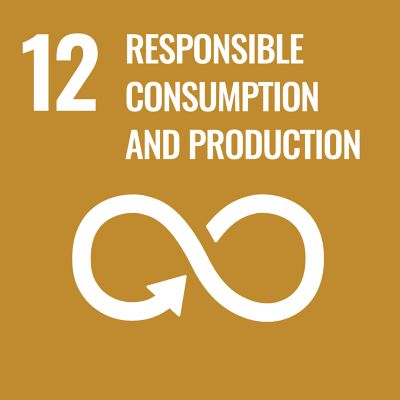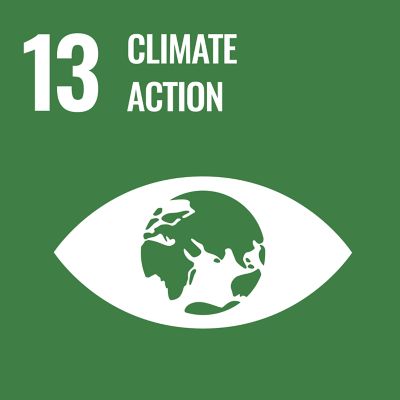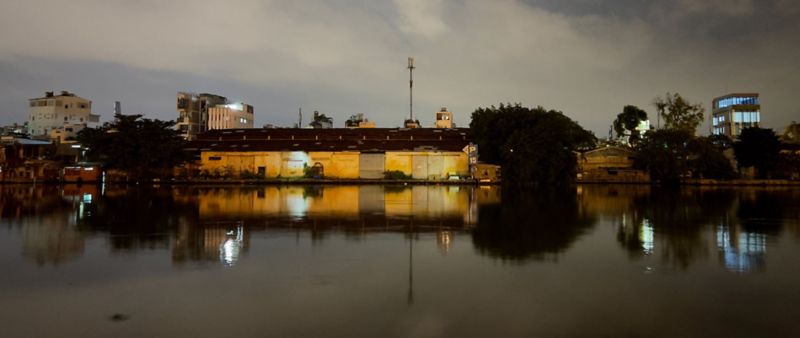This project is ideally a non-traditional research output (NTRO) or a practice-based project. It will explore the lifeworld and livability of the mega-urban region of Ho Chi Minh City, Vietnam. It aims to create new knowledge and innovative creative practice that draws on a phenomenological approach and/or any sensory method including but not limited to visual, sonic, olfactory, tactile, culinary, affective, atmosphere, material, etc.
The theoretical perspective is open, depending on the applicant’s preference and track record, but we are keen to engage with emerging and innovative approaches from the environmental humanities that rethink the dominance of humans in urban built and natural environments.
You will join a growing team of dynamic researchers and designers in the School of Communication and Design at RMIT Vietnam in Ho Chi Minh City. The sensory project will produce an exhibition, a dissertation and presentation of practice, followed by examiners' questions. More information about this format is available at RMIT University Practice Research.
